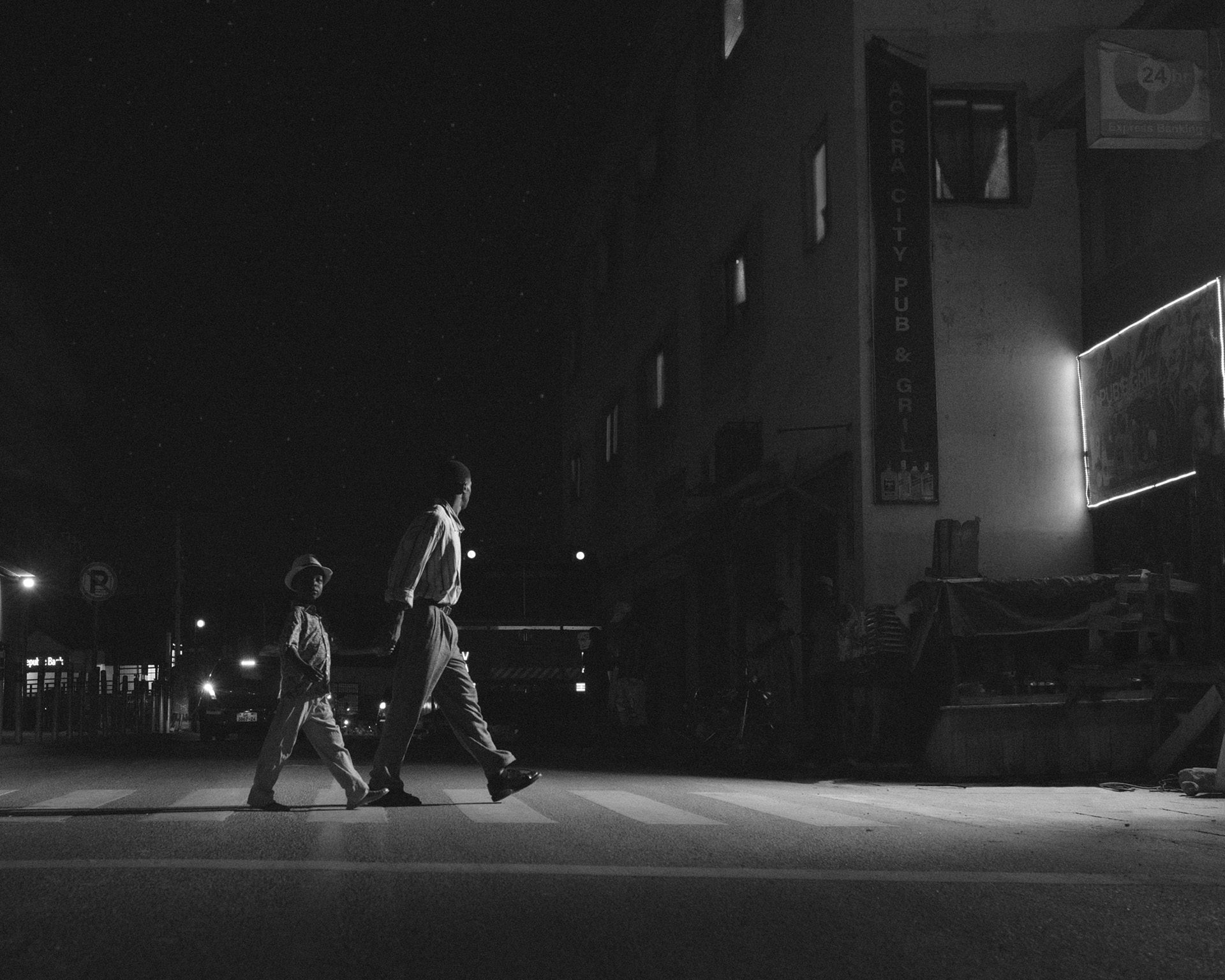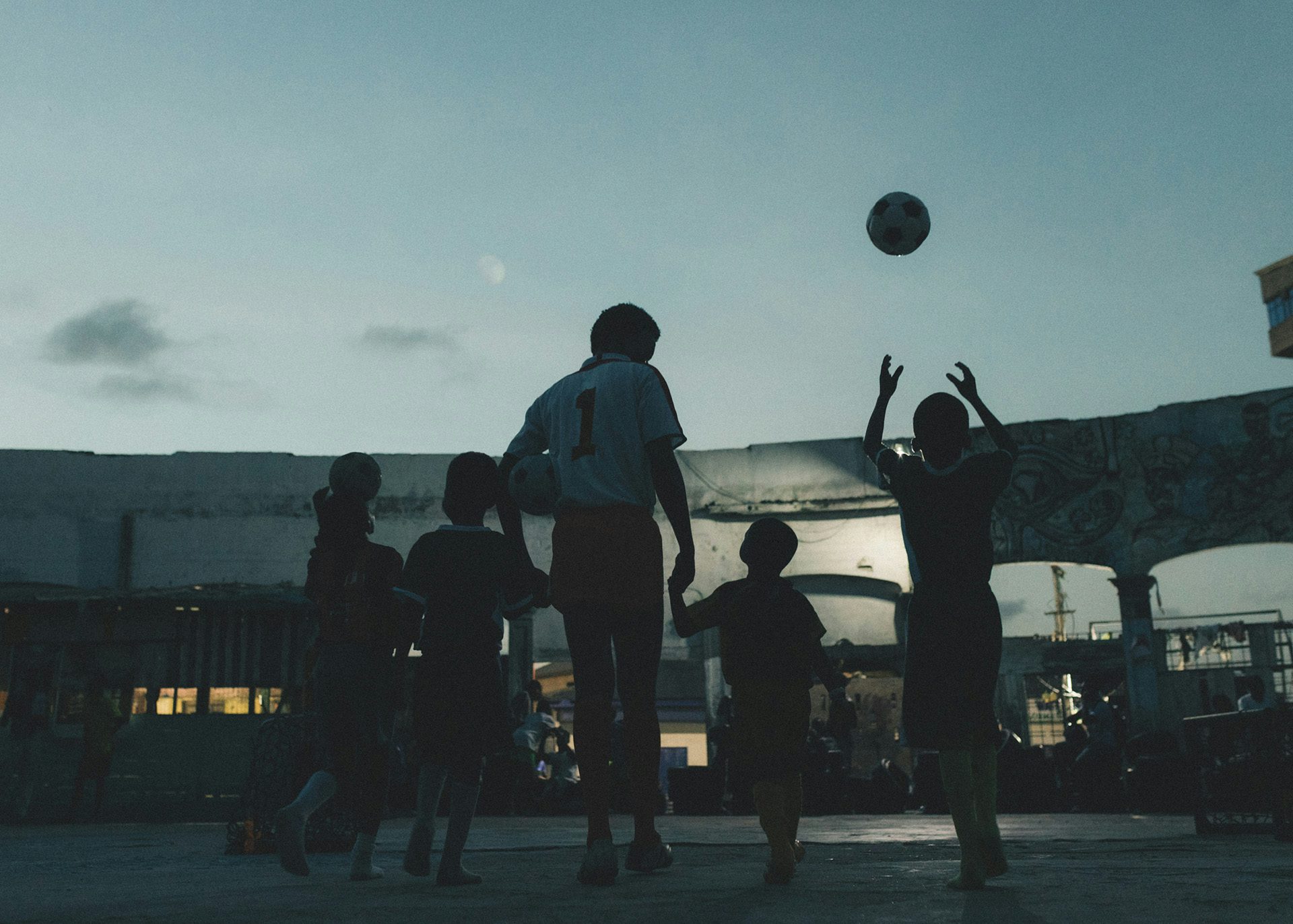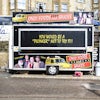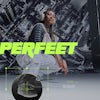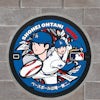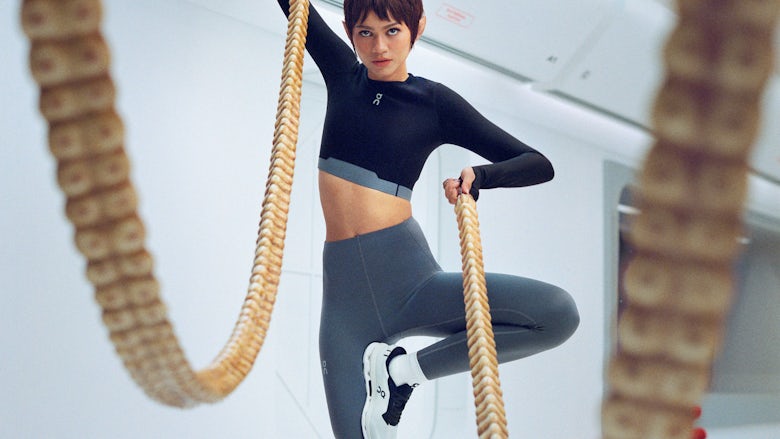Carlos Idun-Tawiah’s moving portrayal of fatherhood
The photographer continues his exploration of Black beauty and joy, this time studying his relationship with his late father through a blend of fact and fiction
Ghanaian photographer Carlos Idun-Tawiah’s new body of work, Hero, Father, Friend, is based on his memories of his father, who passed away when Idun-Tawiah was a young boy. The series explores their relationship – as it was, as it could have been, and as the photographer wishes it to be.
“I lost my dad when I was young, and over the years, I realised we barely had any photographs together,” says Idun-Tawiah. “Only having memories of a loved one as evidence of their life’s story can feel unsettling – it’s as if their life and the moments you shared have been erased for good. Making this fictional story, Hero, Father, Friend, was my way of confronting that absence.”
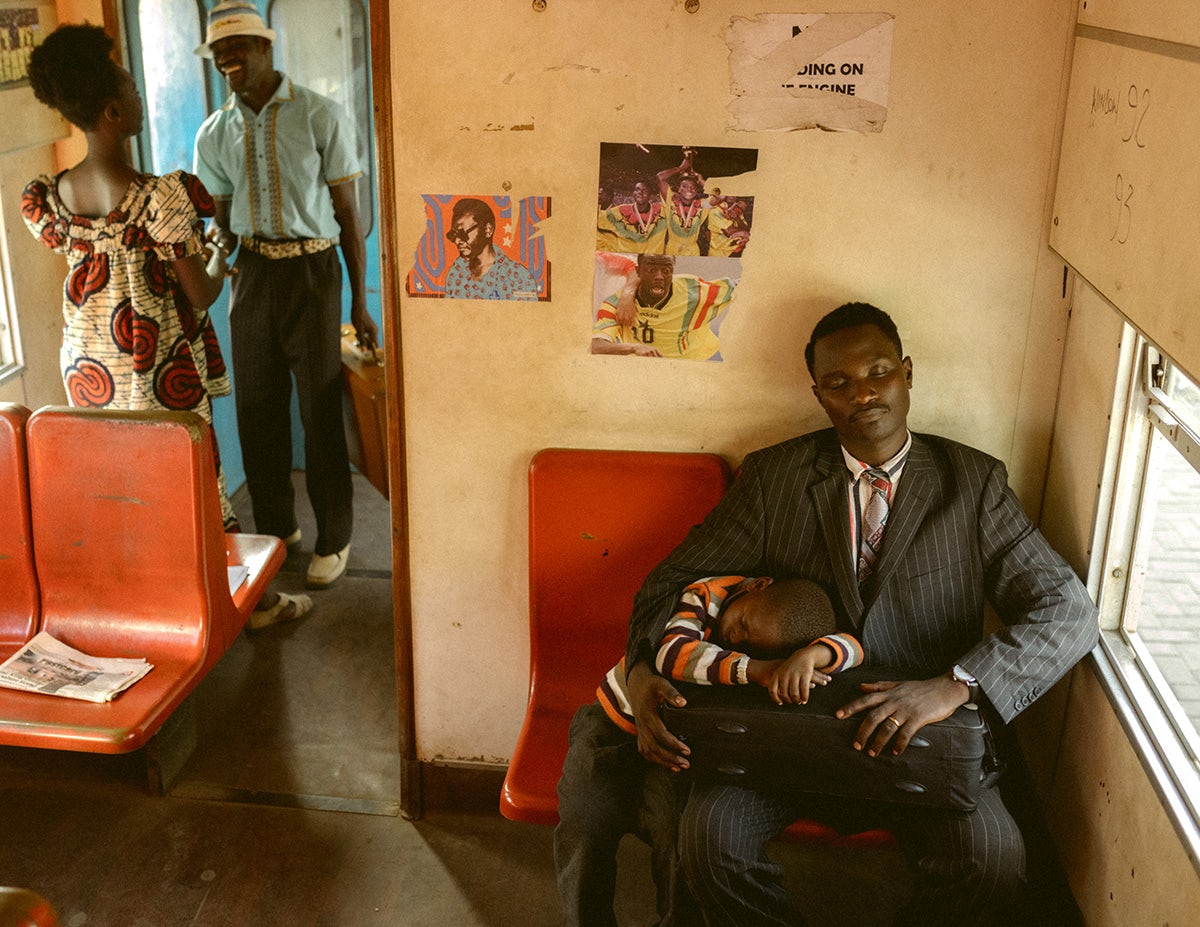
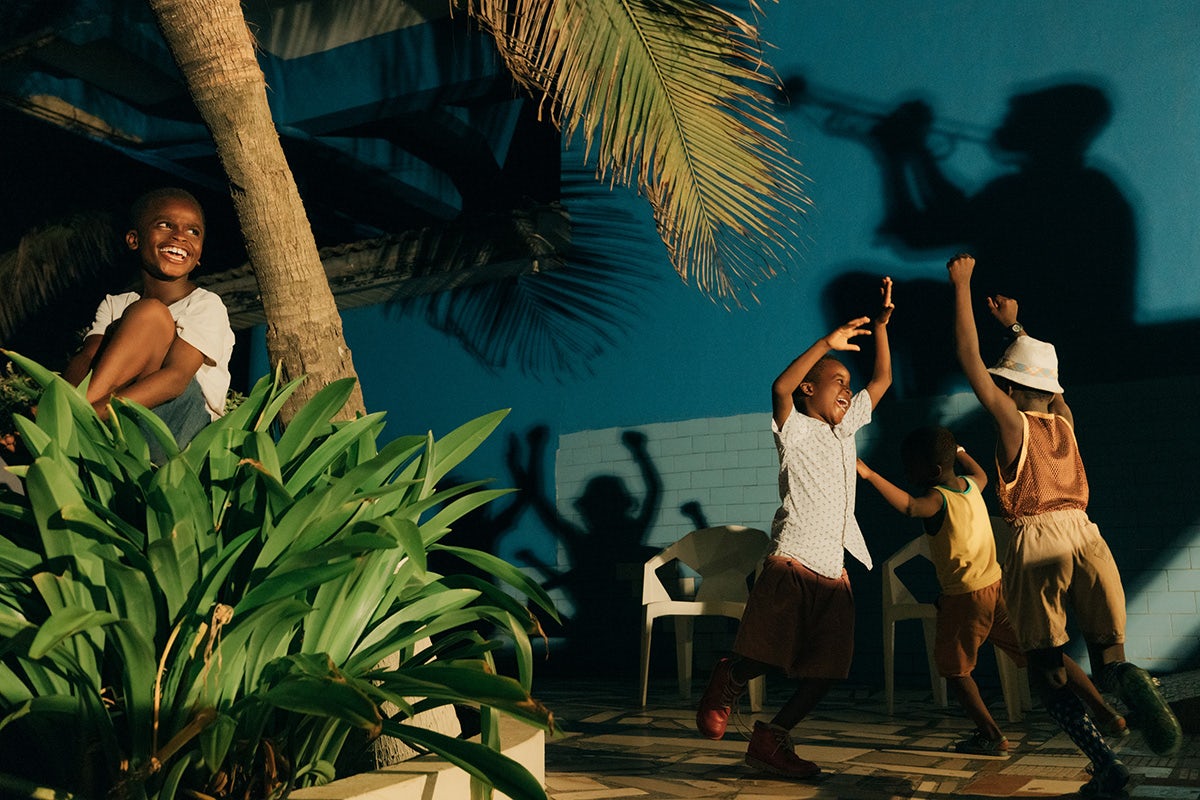
Working with a crew of producers, stylists, set designers and many more, Idun-Tawiah set about creating and recreating experiences, both lived and imagined. These moments capture the bond between father and son, as well as wider ties within the family unit, with Idun-Tawiah explaining that the series is also part of his ongoing efforts to build “an archive of love, joy, community and hope”.
Here, as with much of the photographer’s other work, there is an overtly retro and nostalgic feel to the images. Through vintage styling, and warm, dreamy colour palettes, Idun-Tawiah’s photographs are reminiscent of old films and family albums. This temporal interference creates a space in which he can explore both the past and the present, as well as blur the lines between fact and fiction.
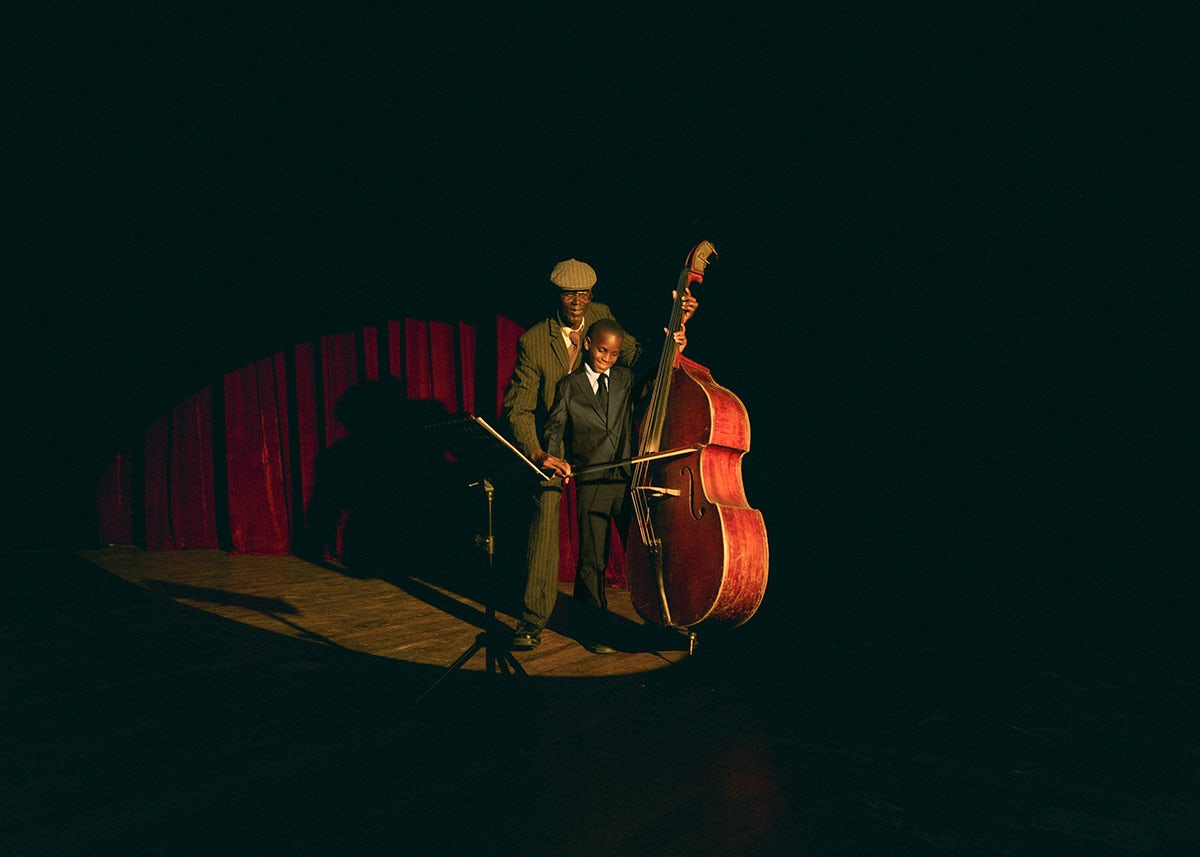
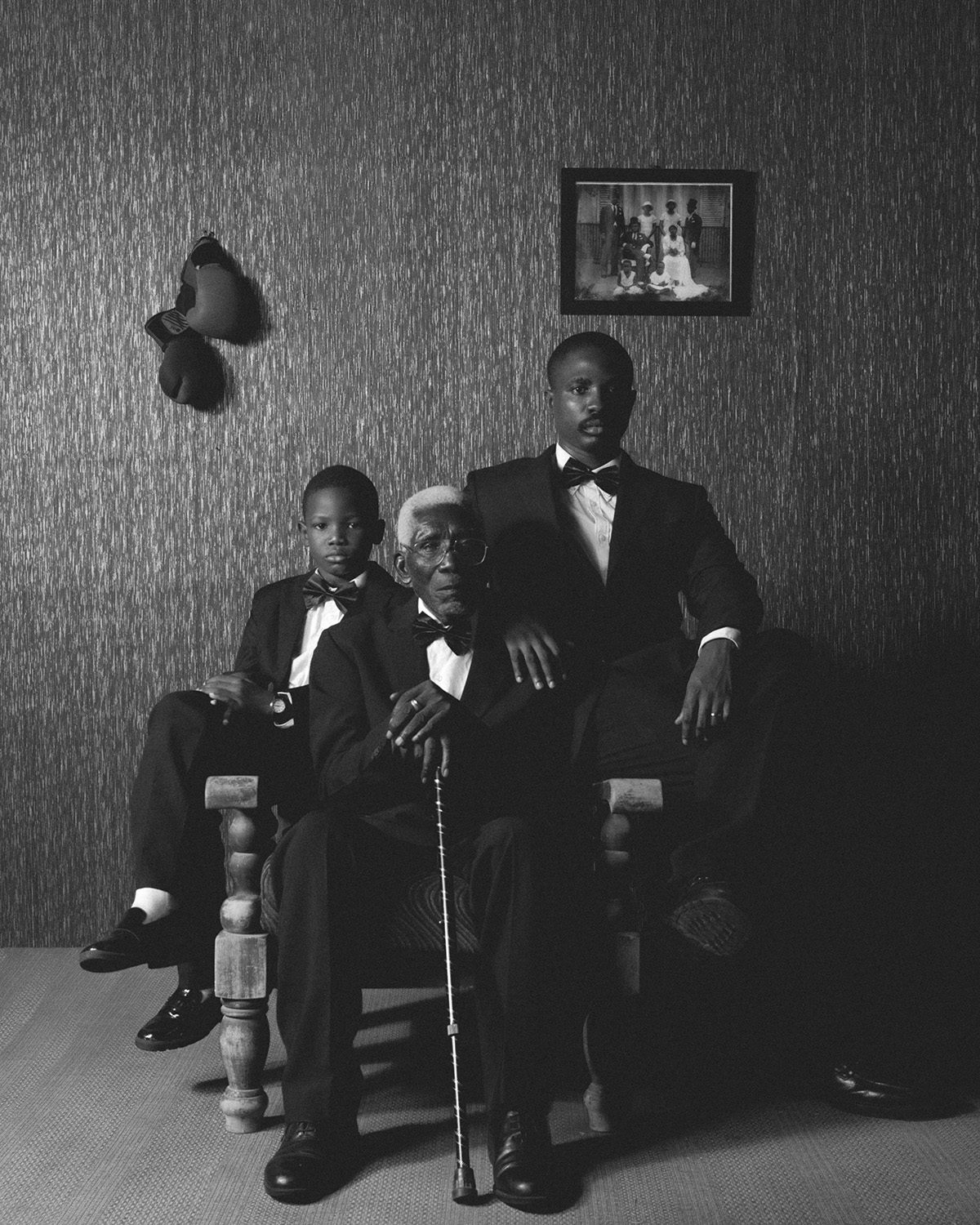
“With this body of work, I also paint a wishful picture of all the plans my dad and I never got to realise, and invite the audience to appreciate the different silhouettes of Black fatherhood and sonship which have gone undocumented,” he explains.
However, it’s important to note that the imagery in Hero, Father, Friend is not just drawn from Idun-Tawiah’s memories of his father, but also the relationships he formed with other men in his family following his father’s passing. “Those moments at the beach with my uncle, piano lessons with my grandfather and football with older cousins filled the void of my father’s absence.” These experiences eventually inspired a large part of this body of work.
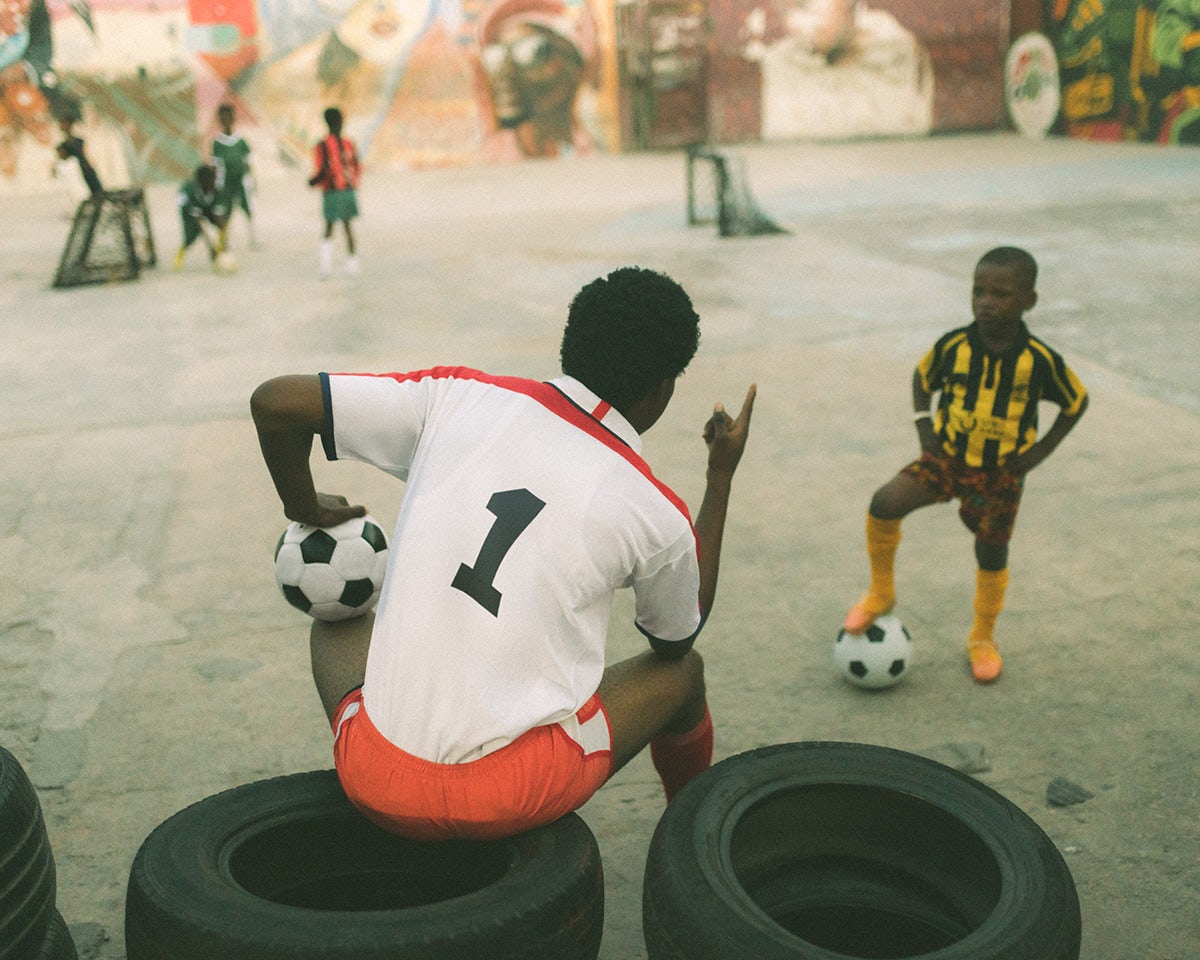
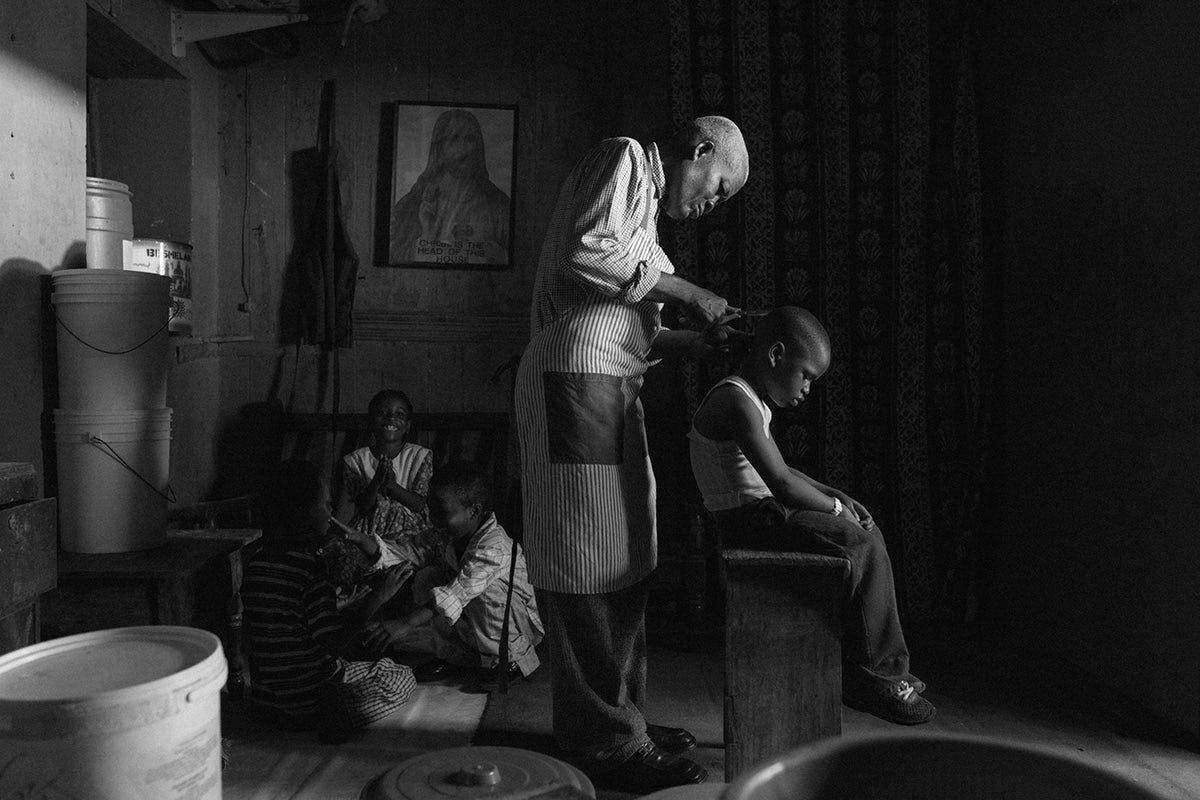
Beyond the other men in his life, the project is also an evolving self-portrait of sorts, with Idun-Tawiah explaining that “I seek to tell my own story by being both the photographer and the figurative subject – where these stories are mine not only because I photographed them but also because I once lived in these moments and wished they would last forever.
“I look forward to expanding this body of work, along with many others I have photographed beyond my current perspective,” he tells us. “I see this story evolving into a self-portrait series of myself, and perhaps one day, my kids. You never know. I just know fatherhood has so many phases that will take more than one story to fully convey.”
